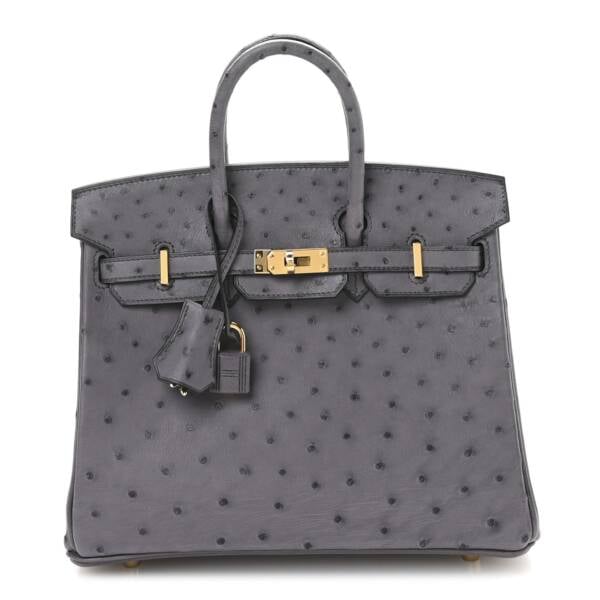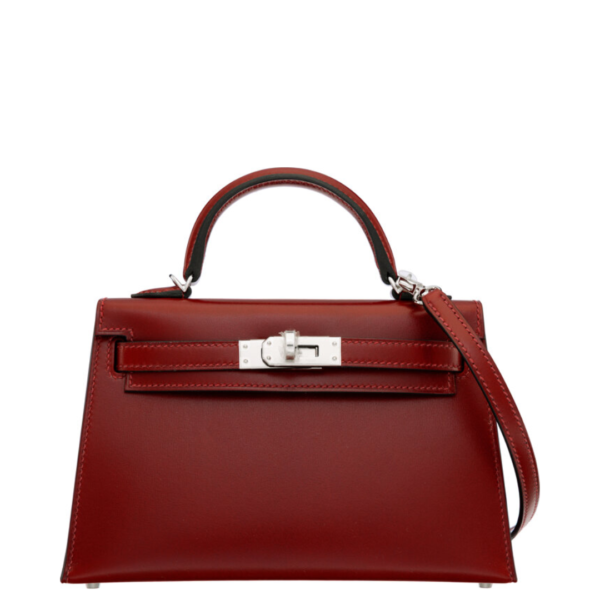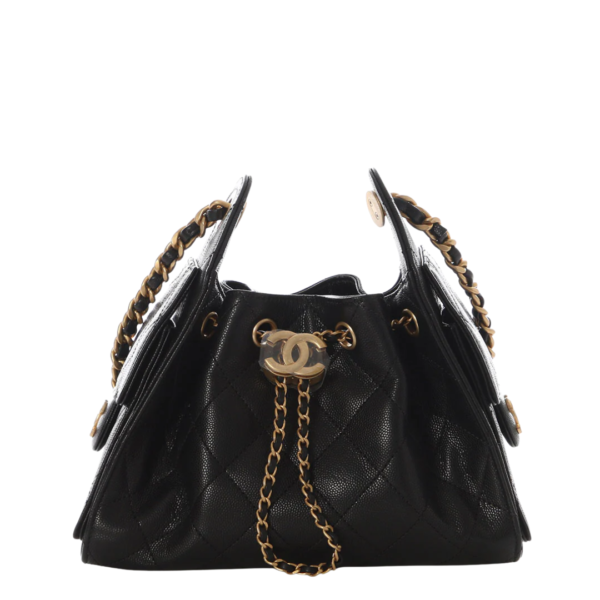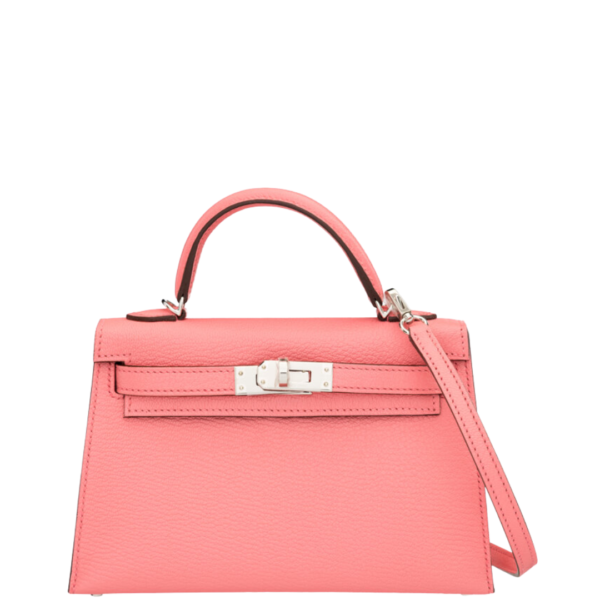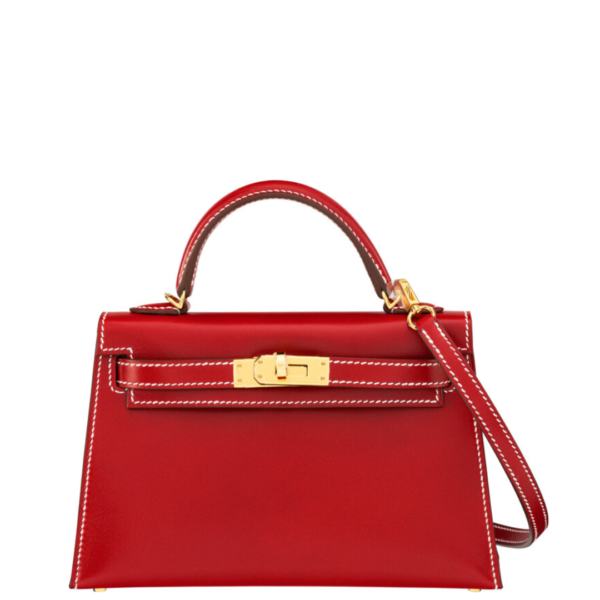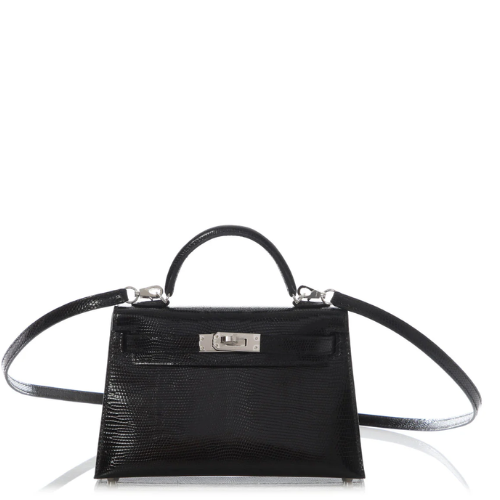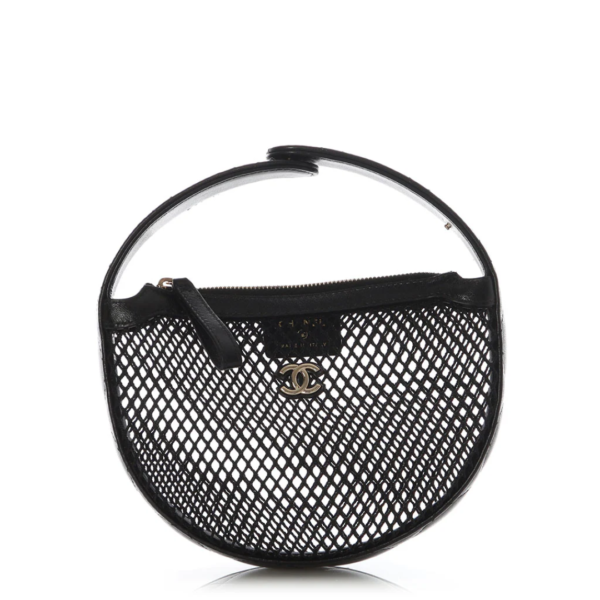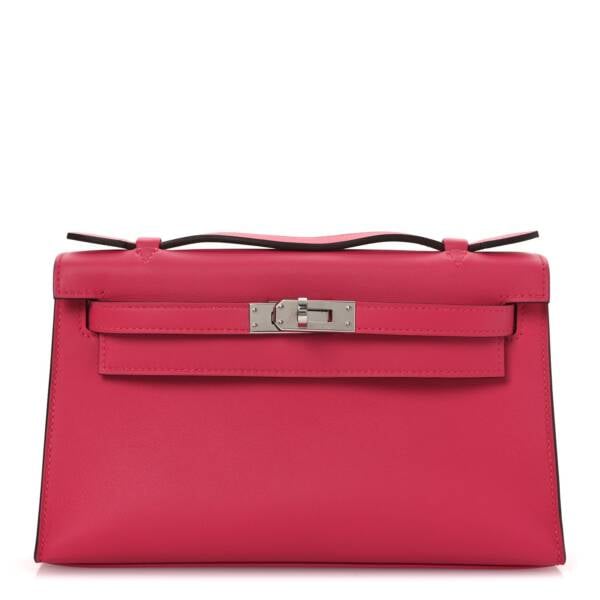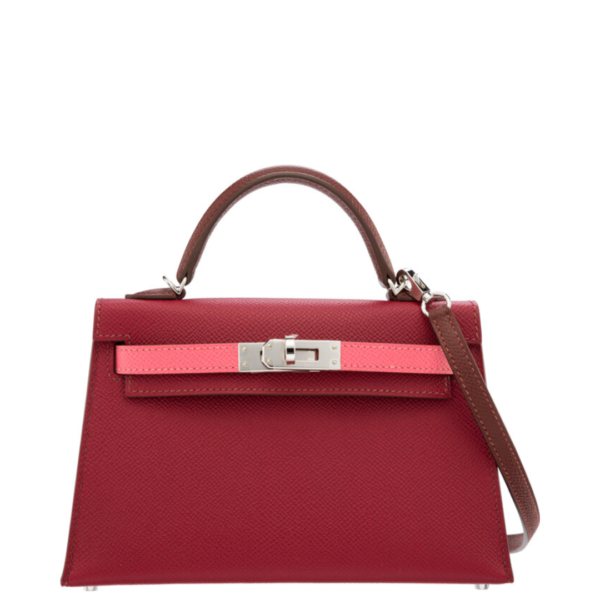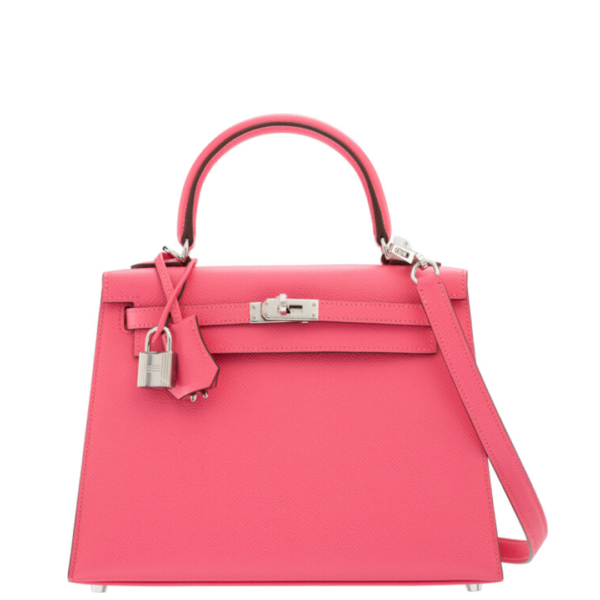Dear PurseBop:
What do you think of this burgeoning trend of Hermès customers who accept offers of quota bags and immediately sell them on the secondary market boutique? The return on their investment is double the original price typically. While I acknowledge that once someone buys something, they have every right to do what they want, it is unseemly that they would go directly to a luxury boutique to promptly sell their bag. I think this makes Hermès bags more difficult to acquire from boutiques altogether. Thank you for your answer.
Dear Concerned:
The trend of buying Hermès quota bags and immediately reselling them on the secondary market has several implications for the brand, its customers, and the luxury goods market in general.
As more bags are purchased for resale, it becomes increasingly difficult for genuine customers to acquire them directly from Hermès boutiques. Loyal customers who have built relationships with the brand and prefer the in-store purchasing experience are getting increasingly frustrated because there are fewer bags offered in store.
Reselling at higher prices inflates the market value of these bags, making them less accessible to a broader audience. This exclusivity can be part of the allure but also limits the pool of potential buyers to those who can afford the marked-up prices.
Hermès bags, particularly the Birkin and Kelly, are symbols of exclusivity and status. The brand strives to offer a luxurious and personalized shopping experience.
The secondary market has grown for Hermès bags which indicates a strong demand and great investment potential. This dynamic attracts more resellers, perpetuating the cycle.
Authenticity is always a concern on the secondary market. Customers must ensure they are purchasing genuine products by having their bags authenticated by an independent and trusted source. We suppose the only way to be 100% sure your bag is authentic is to buy from the boutique although many established reseller platforms have exhaustive authenticity checks by trained individuals.
There is no way to control what a person does with their Hermès bag once purchased. Those purchasing with the sole intent of reselling for profit affects the market as a whole and jeopardizes other’s experience.
Hermès is limiting the number of bags a customer may purchase per year from 2 quota bags to 1 quota bag in some locations, and is linking quota bag purchase histories between Paris and other countries in an attempt to reduce the number of bags sold to resellers.
Read also:
Rumor or Fact: Hermès is Changing the Rules
While the resale market for Hermès bags reflects the brand’s desirability and investment potential, it also poses challenges for accessibility, brand perception, and customer loyalty. Balancing these factors is crucial for maintaining Hermès’ reputation and ensuring that the brand’s luxury products remain a symbol of both exclusivity and genuine appreciation.
Read Related Article
Hermès Resellers Flourish in Lockdown
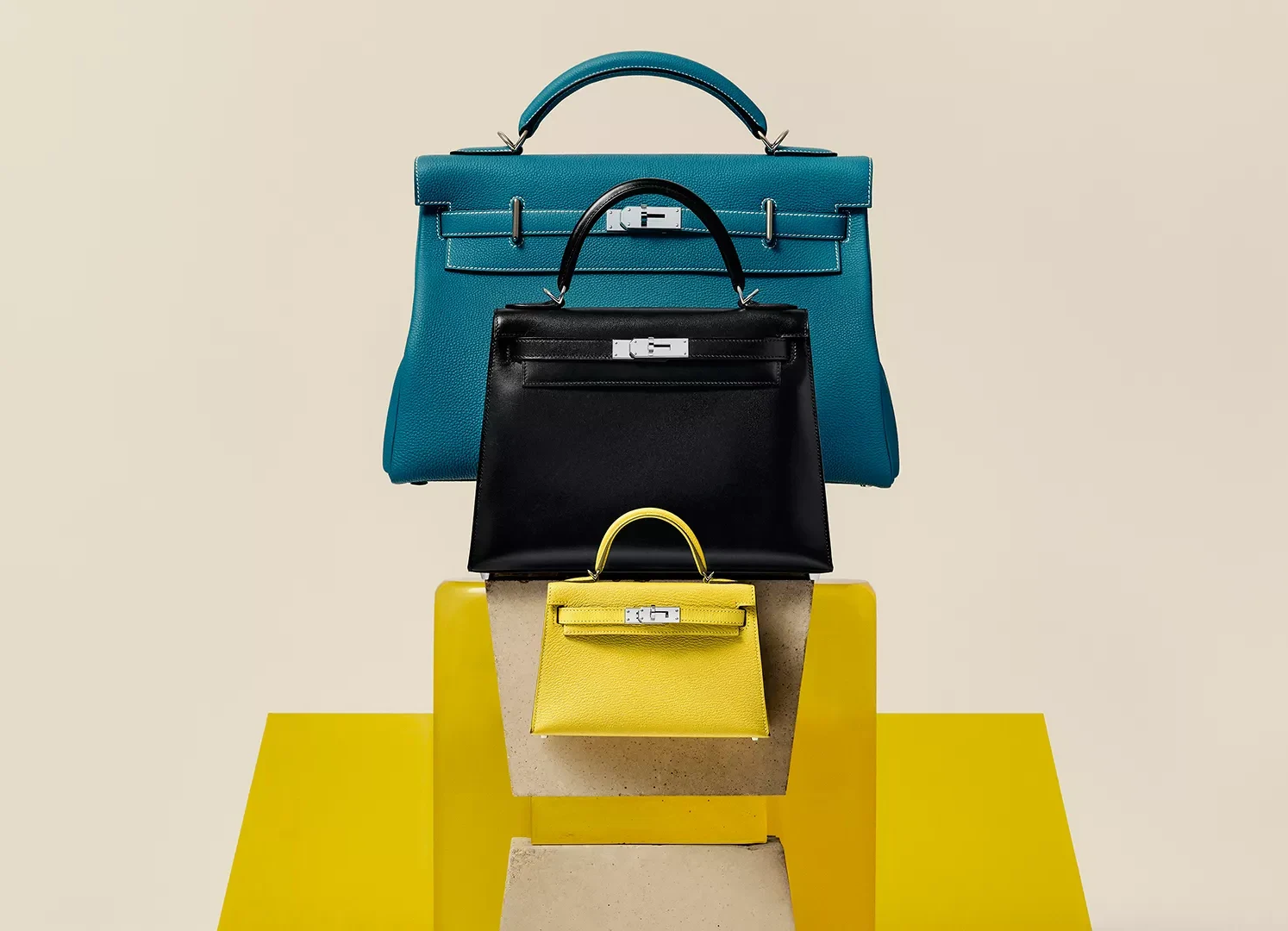
Image courtesy: Hermès
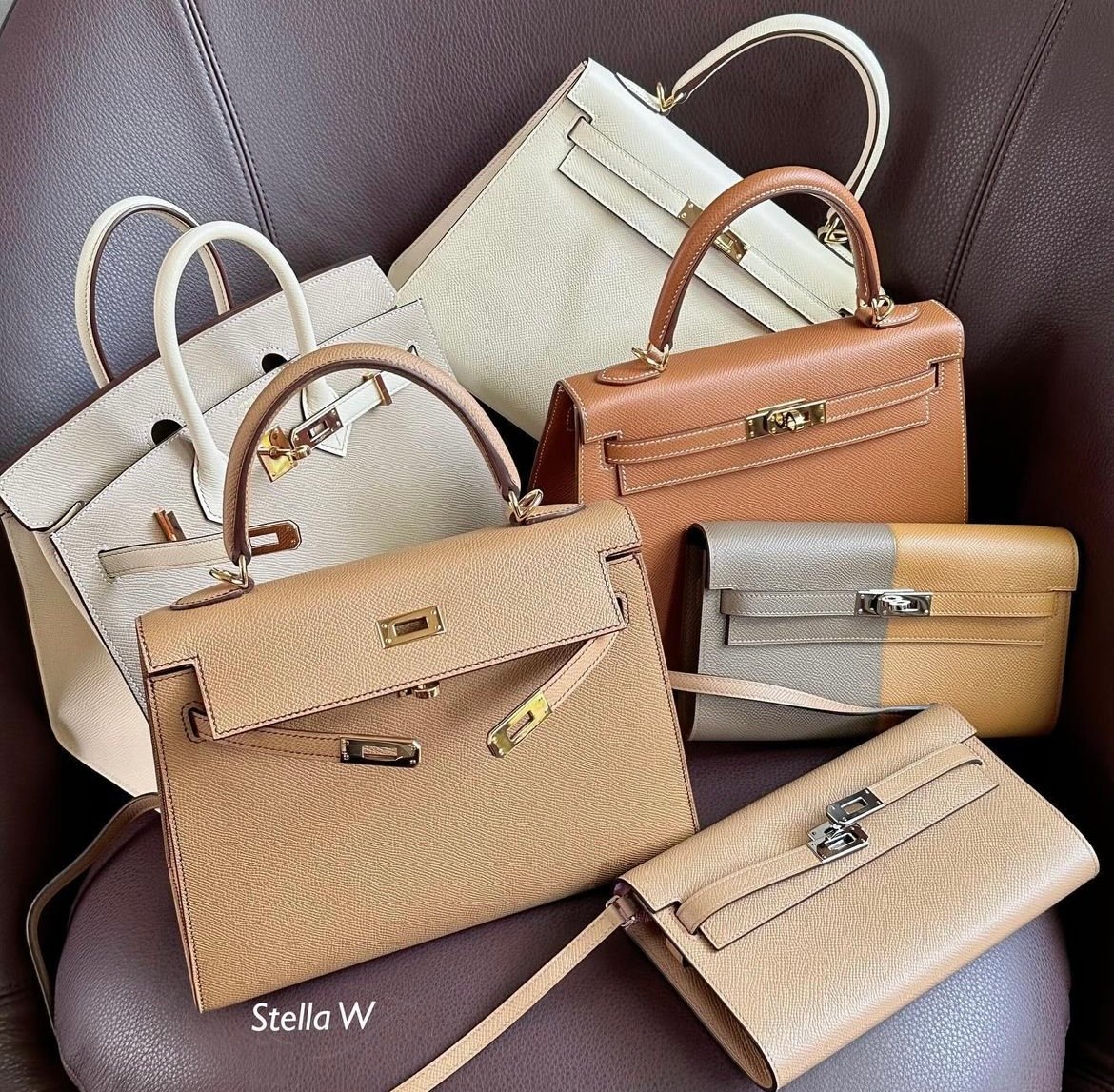
photo courtesy @stellaw2021
- Karenzpurses posted 2 years ago
- last edited 2 years ago



